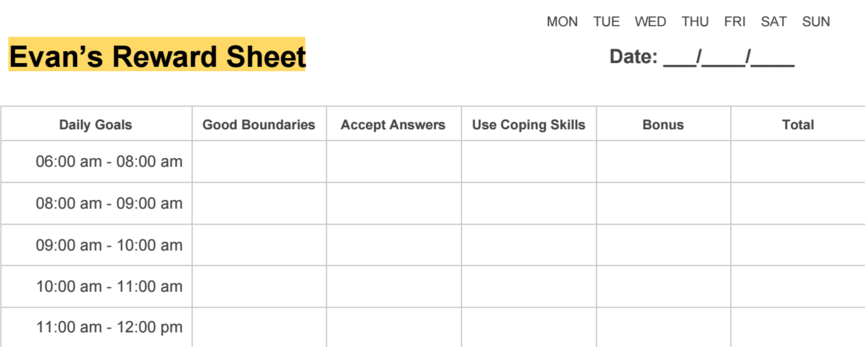
August 10, 2016 | By: A Mom
Categories: Education & Schools
Having a child with severe behavioral challenges is sometimes exhausting. Let’s face it, the structure and consistency that are required can test anyone’s patience. I think that’s been one of the hardest things about dealing with my son’s condition. While a mood disorder and severe ADHD are the reasons for much of his behavior, I have come to learn that the ways we respond to his behavior and structure his days account for just as much––or more.
I have a master’s degree and, by most accounts, have had a fairly successful career. As a motivational speaker, author, and expert in organizational communication, I consult with organizations around the world to help them improve performance. Yet at home, I often feel inadequate; at times, I feel completely incompetent and overwhelmed.
My son started exhibiting behavior challenges before he could talk or walk. He was aggressive, irritable, constantly fussy, and inconsolable much of the time. I was exhausted, depressed, and my marriage crumbled.
I started pursuing treatment when Evan was 18 months old. We were involved with the Bluebonnet Trails Early Childhood Intervention Program. Since that time, we have been involved in one kind of therapy or another, and Evan is going to be 13 years old in a couple of months.
I tried just about every type of incentive and consequence––from sticker charts to “catching him doing something right” coins to sheer bribery. All of those methods seemed short lived and his challenging behavior continued. Finally, after Evan was admitted to a pediatric psychiatric hospital for 2 months, we learned how to create a lasting plan. In essence, Evan is on a point system that we have adjusted over the years to meet his needs as he’s grown older.
To survive the daily meltdowns, tantrums, and explosions, we have built a behavior intervention plan (BIP). While I’m sure this term has many meanings, for our family it means having a plan in place so that we are not constantly reacting. Evan’s dad and I have learned that every time we react, we are no longer in control of the situation. A plan gives us a proactive strategy. We do the best we can to be consistent, and it has made a big difference for Evan – and for our family.
Here’s how it works:

There are as many variations in behavioral intervention plans as there are kids. For our family, using this system consistently makes the expectations clear for Evan and for us. While it’s difficult to ignore other challenging behaviors, we have to let things go and focus on the 3 big ones we measure. It’s really important to pick your battles.
One of the most important lessons we’ve learned (and one of the hardest) is that being “unflappable” is critically important. It’s easy to get frustrated and to lose your cool. Subconsciously, that might even be what Evan wants. We have practiced keeping a flat tone of voice and matter-of-fact attitude.
More than anything, structure and consistency are key. While I’m not naturally a very structured person, I’ve learned that sticking to this plan really helps me (and Evan) manage his behavior. To be honest, it can be exhausting, so I’ve also learned how important it is to get breaks and respite care for myself regularly.
Through it all, I know how important it is to celebrate the good moments too. There are many days when these are few and far between, but it’s important to recognize them when they are happening.
If I could offer one piece of advice to other parents, it would be to look for and celebrate the wins, even the small wins. Some days, Evan works so hard to hold it all together, and it’s easy to overlook his efforts and move on, rather than take time to appreciate it.
Last week, Evan had a rough day. He came home, asked for a hug and said, “Don’t worry mom. It’s just another learning opportunity.” It’s in these moments that my heart feels huge and a smile takes over my face. Rather than just let that go, I savor it. Funny thing though: when you savor those moments, you find more of them.
It’s so easy to fall into the trap of looking for negative behaviors. When you dwell on those, you find more of them as well.
At 12 years old, Evan is doing better than ever. We still have our moments, but the behavior plan we have in place really helps us stay on track.

I homeschooled my kids for many years. I taught them subjects like math, reading and science, just like in regular schools. But one of my favorite things about homeschooling was teaching them extra stuff that would help them when they grow up.
Categories: Education & Schools, Transition to Adulthood

Finding the correct school setting for our son has been challenging. We were so happy to find an online school that works for him.
Categories: Education & Schools

Help get your child’s education back on track when someone overlooks their potential.
Categories: Family Support, Education & Schools